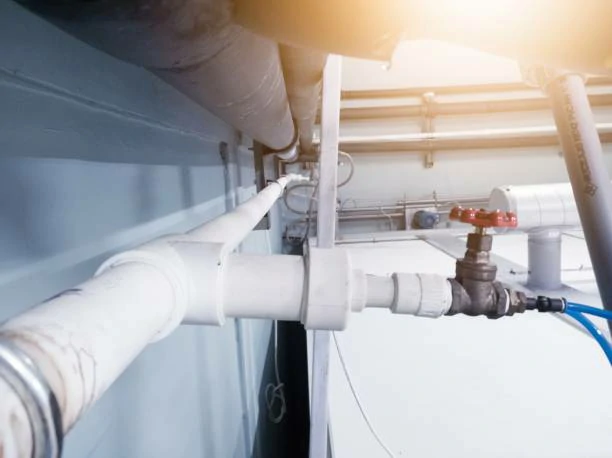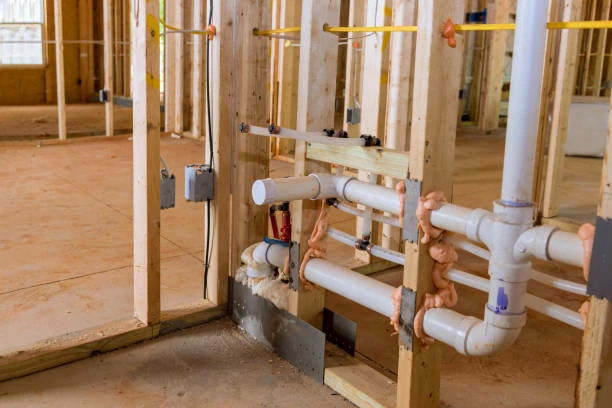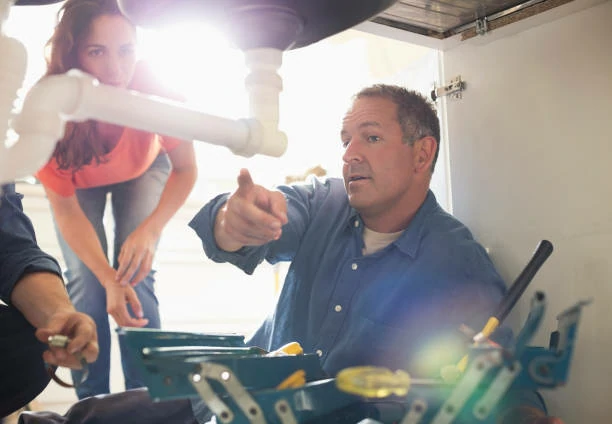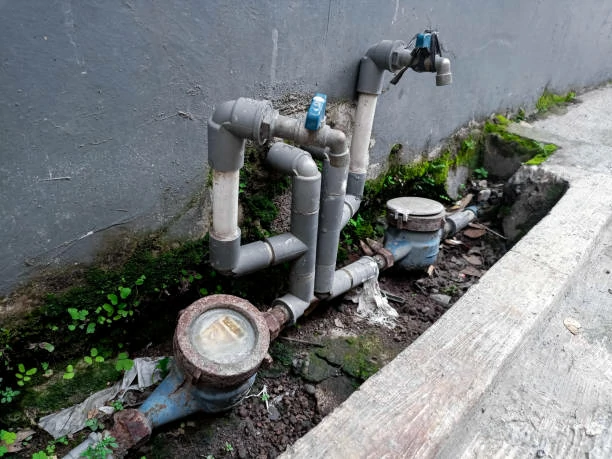Introduction:
In underground engineering, HDPE (High-Density Polyethylene) plumbing stands out for its durability, flexibility, and longevity. This article delves into the varied applications and benefits of HDPE pipes in underground construction, emphasizing their crucial role in infrastructure development.
Applications of HDPE Plumbing in Underground Engineering
1. Water Supply Systems: Ensuring Reliable Water Distribution Networks
Mainline Distribution: HDPE plumbing serve as the backbone of water supply systems, conveying potable water from treatment plants to distribution networks. Their resistance to corrosion, abrasion, and chemical degradation ensures reliable water quality and uninterrupted flow throughout underground pipelines.
Subsurface Installations: In urban environments, HDPE pipes are commonly used for subsurface installations, navigating beneath roads, buildings, and utilities with ease. Their flexibility and toughness allow for efficient installation in confined spaces and congested corridors, minimizing disruptions to surface activities.
2. Sewer and Drainage Systems: Facilitating Efficient Wastewater Management
Gravity Sewers: HDPE plumbing are ideal for gravity sewer applications, transporting wastewater from residential, commercial, and industrial areas to treatment facilities. Their smooth interior surface minimizes friction losses and prevents sediment buildup, ensuring efficient wastewater conveyance and reduced maintenance requirements.
Stormwater Management: In stormwater drainage, HDPE pipes reliably convey rainwater and runoff, reducing flooding and erosion risk. Their corrosion resistance and structural integrity make them ideal for buried installations in harsh environments, protecting infrastructure from water damage.
3. Gas Distribution Networks: Safeguarding Underground Gas Infrastructure
Distribution Pipelines: HDPE plumbing play a vital role in gas distribution networks, delivering natural gas to residential, commercial, and industrial consumers. Their leak-free joints and resistance to corrosion ensure the integrity and safety of underground gas infrastructure, minimizing the risk of methane emissions and environmental hazards.
Service Lines: HDPE pipes are also used for gas service lines, connecting individual properties to the main distribution network. Their flexibility and adaptability facilitate easy installation in varying soil conditions, reducing excavation requirements and construction costs for gas utilities and contractors.
Conclusion:
In conclusion, HDPE plumbing stands as a cornerstone of modern underground engineering, offering unmatched versatility, durability, and performance. HDPE pipes are vital in water supply, sewerage, stormwater management, and gas distribution, creating resilient underground infrastructure. Engineers, contractors, and utility providers utilize HDPE’s unique properties to meet challenges in underground construction, ensuring longevity and reliability of essential infrastructure.
Contact
IFANPLUS is a specialized product series launched by IFAN, primarily covering plastic pipes, fittings, and various types of valves. We offer PPR and PVC pipes in German and American standards, ensuring the high quality and reliability of our products. IFANPLUS valve products include a variety of valves, from PPR valves to other diverse copper valves, catering to your specific requirements. Whatever product you need, IFANPLUS will be your reliable partner. Here is our contact information.
We will reply your email or fax within 24 hours.
You can call us at any time if there is any question on our production.
For more information,pls visit our webside https://www.ifanplus.com/
Pls Mailto: [email protected]






